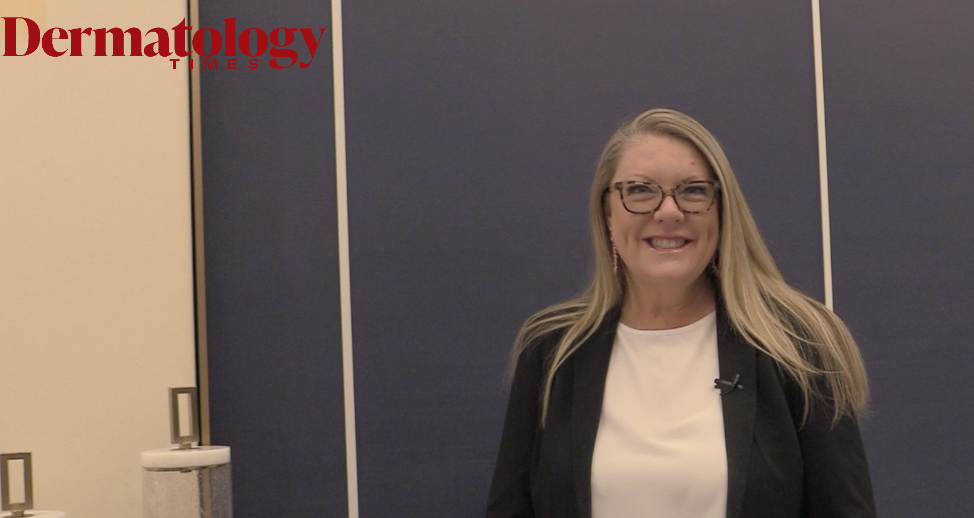- Case-Based Roundtable
- General Dermatology
- Eczema
- Chronic Hand Eczema
- Alopecia
- Aesthetics
- Vitiligo
- COVID-19
- Actinic Keratosis
- Precision Medicine and Biologics
- Rare Disease
- Wound Care
- Rosacea
- Psoriasis
- Psoriatic Arthritis
- Atopic Dermatitis
- Melasma
- NP and PA
- Skin Cancer
- Hidradenitis Suppurativa
- Drug Watch
- Pigmentary Disorders
- Acne
- Pediatric Dermatology
- Practice Management
- Prurigo Nodularis
- Buy-and-Bill
Article
Tips to avoid winning the battle and losing the war
It is our responsibility to make people feel good about their encounters with us, even if it means biting our lips in silent frustration.
I have now been a dermatologist for 26 years and continue to be amazed at the painful new lessons that I learn while delivering medical care, especially if I am experiencing a bad mood after my favorite (and now world champion) basketball team loses a close game, a temporary lack of flexibility, or otherwise momentary inattention to the details of patient management.
I can go along for days with happy patients, and then for various reasons, the rhythm of good clinical practice gets out of tilt with one slightly more needy individual or a person disgruntled about his bill or whatever; all of a sudden, the day is ruined for subsequent patients, office staff, everyone.
In retrospect, I almost always regret my part in this situation (even if the problem was not of my making). This month I'd like to share with you some of my recent experiences in this regard and try to provide ideas about how to avoid the unpleasant situations that I have encountered. As you will see, most of these scenarios fall under the general heading of winning the battle and losing the war.
When I entered the room, the dynamics of the situation were quite clear. We had a terrified patient and an impossible-to reason-with mother. In my youthful past, I would have started an argument with the mother and, by my body language, would have accused her of behavior just short of child abuse. The enraged mother and her daughter would have stormed out of the clinic, would have yelled at the front office personnel, and would have promptly found another doctor.
The lesson I learned through a number of such encounters is that one has an obligation to both members of the family. The strategy I used in this particular case was to describe multiple treatment options and then ask everyone in the room, including the resident and me, to vote on their preference for therapy. A slightly empowered patient chose a mild keratolytic agent, and the mother picked liquid nitrogen cryotherapy. By the time that all of the politicking and voting was finished, the mother's hostile attitude was diminished and she agreed to try the less aggressive approach for a while before resorting to more uncomfortable therapies. In short, we managed to co-opt the mother by gently steering toward a group decision.
Elitist attitude Last week, our clinic saw a man who announced that he had a Ph.D. in molecular biology and displayed an elitist attitude about better care for better-educated people. It was his view that he should not have to see a resident before being evaluated by the attending physician.
In addition, despite the limits of his insurance coverage, he felt he was entitled to complete care, including removal of skin tags for cosmetic purposes.
My first impulse was to have the gendarmes remove him from the premises. My second and more rational decision was to compromise and to bypass resident involvement altogether. As it turned out, he was still not happy because I would not excise his skin tags and call them something else for insurance purposes. In order to get on with the day without being arrested for assault, I offered to refund his co-pay in full. He accepted this alternative and went away fairly pleased with his free visit to the doctor. The $30 that this cost us saved the clinic much in the way of immediate and future hassles with this gentleman.
One angry woman One day at the beginning of a clinic session, when we were perusing the list of patients for familiar names, we noted with dread the name of a 57-year-old, chronically angry woman with prurigo nodularis. All of her previous visits had ended with every member of the clinic staff feeling abused by her extraordinarily antagonistic attitude.
For whatever reason, on this day, a few of us had extra time to actually listen to myriad complaints about her life. As it turned out, she became uncontrollably tearful when describing her horrible childhood. It was at that moment that our view of her changed forever. We now saw a vulnerable woman, with real feelings. As she sensed our newfound interest in her as a person, almost miraculously, her attitude became more positive.
The common thread A common thread ties these three illustrative cases together; patients come with all kinds of baggage, but it is not our role to judge or argue with patients who often have a very different view of their circumstances than we do.






